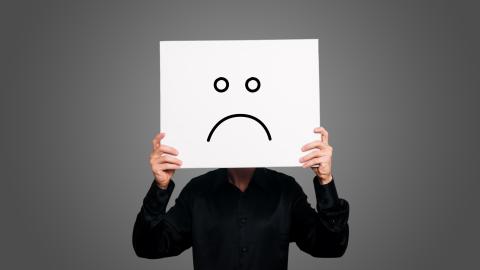How We Literally Worry Ourselves Sick

What’s the Latest Development?
A new (imaginary) medical syndrome has cropped up as Wi-Fi technology has become increasingly widely available. As a result, some people are avoiding wireless Internet like the plague. “Sufferers of Wi-Fi syndrome say that the radio waves used in mobile communication cause headaches, nausea, exhaustion, tingling, trouble concentrating, and gastrointestinal distress, among other symptoms. … Scientists have given the syndrome a mouthful of a name: ‘idiopathic environmental intolerance attributed to electromagnetic fields,’ or I.E.I.-E.M.F. But no one has found any good evidence that we are at any risk.”
What’s the Big Idea?
Wi-Fi syndrome makes good sense in the larger context of what doctors and psychologists call the nocebo effect, the placebo effect’s dark and sinister twin sibling. “With nocebos, dark expectations breed dark realities. In clinical drug trials, people often report the side effects they were warned about, even if they are taking a placebo. In research on fibromyalgia treatments, eleven per cent of the people taking the equivalent of sugar pills experienced such debilitating side effects that they dropped out.” Doctors’ oath to “do no harm” is complicated when being upfront with patients about potential side-effects may actually cause patients to experience them.
Photo credit: Shutterstock.com





